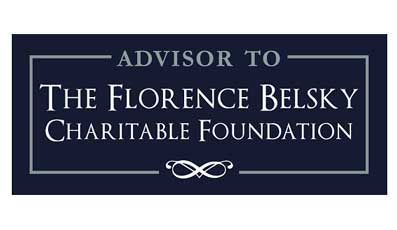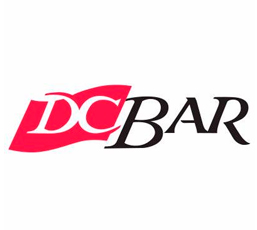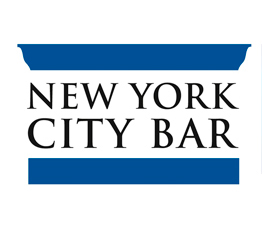It recently happened to a friend of mine. One day his wife is fine, the next she is chronically ill and they are afraid they might not be able to stay in their home. They are not poor; rather, they are middle to upper middle class, have assets that are tied up and mounting health care debt due to his wife not working. Home care in the New York metro area is, on average, $132 per day and about $4,000 per month for 8 to 12 hours of help in the house and nursing homes cost an average of $11,423 per month or $137,076 per year.
Do they have to sell their home? If not, what are their options? Here is the list of options that I generally use when advising clients to consider. Each client is unique, so which option is best depends on his or her financial circumstances and personal preference.
Option one – Medicaid home care
Medicare home care does not require that a home be sold to get benefits, so apply for “Community” Medicaid benefits as supplement healthcare services and age in place.
Option two – reverse mortgage (but unavailable for some condos, and for all coops in NYC).
Great option if the senior’s house is paid off and has appreciated over the years, which is often the case in the Queens, Long Island, Bronx, and Brooklyn.
Option three – “Sale and Trust with and Irrevocable Life Estate” (“STILE”)
When a reverse mortgage alternative is not possible (e.g., for coop owners), an alternative is to enter into contract to transfer coop shares into a trust with an irrevocable life estate. The shares in the trust are transferred at a future date (i.e., when the senior moves into a nursing home or dies) to the purchaser. In exchange, the purchaser takes responsibility for payment of the senior’s maintenance and other coop fees.
Option four – irrevocable trust with life estate.
Timing is crucial – too late and the client may run up against a penalty for receiving Medicaid nursing home benefits if the trust is created within Medicaid’s 5-year “look back period” period.







